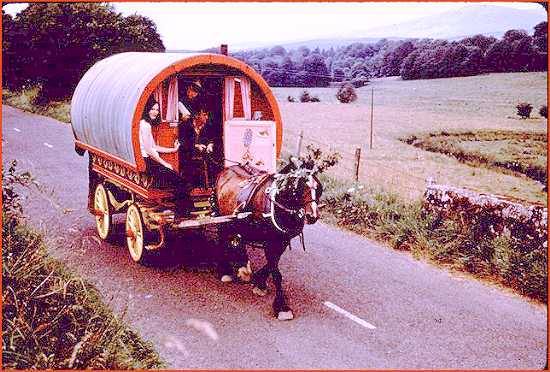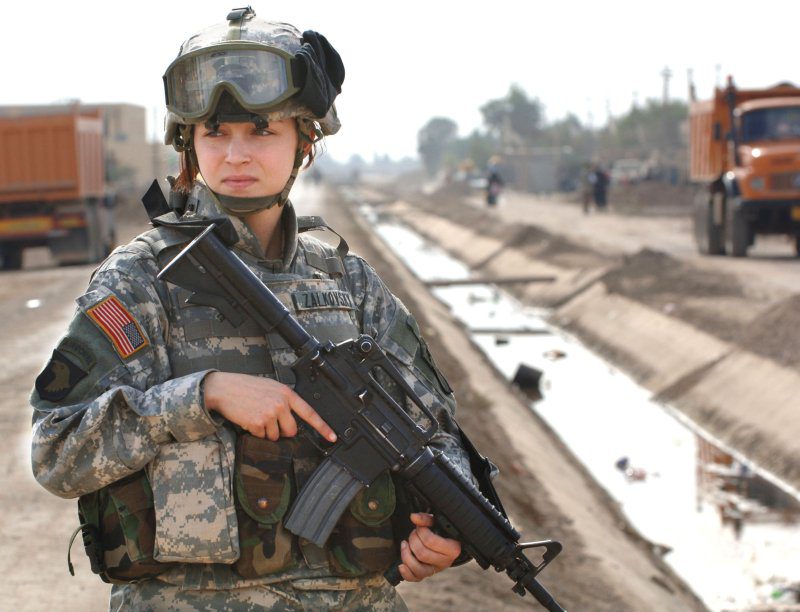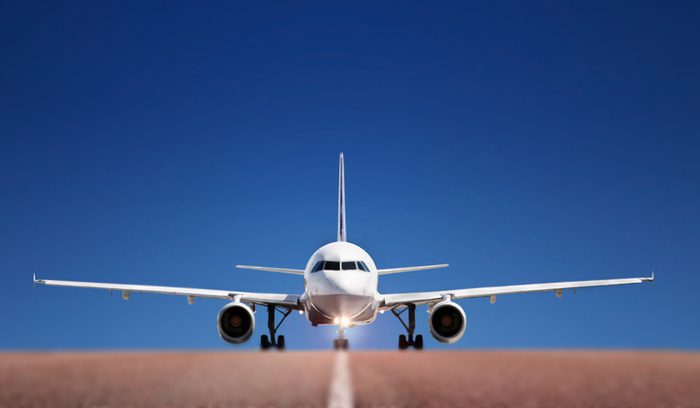
Who Are Irish Travellers?
One of the most interesting and unique ethnic groups that still exist today in minimal quantities are the Irish Travellers. This group of people has a very distinct lifestyle, origin and culture compared to the modern citizens and inhabitants of Ireland. The Irish Travellers consist of ethnic groups and social groups that are nomadic and live in many different parts of the Republic of Ireland, the United Kingdom and the United States. The most peculiar characteristic of the travellers is their maintenance of their own language and their unique set of traditions, as well as their culture, simple way of living and other characteristics that are very different from the common masses of people.
The origin of the travellers is somewhat difficult to study and closely examine since the ethnic group did not leave any written records, evidence or historical pieces of their culture in the past. For this reason, many historians and scholars have found that the origin of the travellers could be traced back to the military campaign that occurred in Ireland during the mid-17th century, many landowners and working-class individuals remained homeless during this time period. Other inferences draw conclusions from the origins of the travellers coming from the devastating famine that took place in Ireland from 1840 to 1860 while other scholars believe that they were descendants of other nomadic groups that were present in Ireland during the 5th century.
Several other theories are present that give an overall insight of the origin of the Irish Travellers. Some experts have drawn conclusions about the emergence of a subculture and counterculture present in Ireland just like the one that occurred with the hippy movement in the 1960’s in the United States. Irish people may have seen the challenges and the societal pressures in Ireland and may have decided to go against that level of status quo practiced by the majority of people. Scholars have formulated several ideas which support the possible presence of the rejection of the standard common values in Ireland and the potential emergence of a new lifestyle which developed into the Irish Travellers.
Most travellers prefer to be identified as Minceir or Pavees in their own language due to the essence of the having a social identity characterized by their culture, customs and traditional ways of living. It is important to consider that Irish Travellers are very distinct from the gypsies, the term gypsy originated during the 16th century from a category of people believed to be from Egyptian origin and not precisely from Irish origin.
Simplicity and uniqueness is what characterizes the lives of the travellers. Most of them live in a rotating basis moving from one place to another in search for better self-employment areas in their caravans and take a close approach to other travellers who are in their same conditions. The community is also characterized by its low number of members where there are estimates of about 25,000 in the Republic of Ireland, up to 32,000 in the United Kingdom and a rough estimate of about 10,000 in the United States. Calculating the exact population for the group can be somewhat challenging due to their constant relocation as well as their identification as both social and ethnic groups in many different nations around the world.
Most travellers speak English and many dialects of Shelta, Cant and Gammon and practice Roman Catholicism as their main faith and religion. Their beliefs regarding education revolve around the ideas of educating their children at home and having limited exposure to modern educational facilities. This phenomenon supports the idea of a family educational atmosphere where children are educated at home instead of being exposed to the variability and ineffective systems of education around the world.
The Culture Of Irish Travellers
The culture of the travellers imposes strict beliefs in their marriage ceremonies as well as some prohibitions. Most boys and girls engage in marriage at early age, commonly at age 16 or 17 for girls and ages 18 to 19 for boys. The marriage restrictions include the prohibition of marriage between a traveler and a non-traveller, to first cousins, to persons much older or younger than the individual or immediate family members. Their culture also supports the idea to be independent both at the financial level and personal level as soon as the person wishes to do so.
Another distinct characteristic of the Irish travellers is their genetic roles and family trees. Many researchers have studied the genetic variation within the travellers and have discovered that most Irish travellers descend from the pure Irish ancestry, distinct subpopulations within the European continent and distinct midland countries due to their Viking influence in the Scandinavian area.
Other aspects of the travellers have been studied for many decades and demographics experts have examined that the travellers have a lower life expectancy than the common Irish citizens due to their instability and lifestyle. Most travellers have an average life expectancy of about 40 years and many health related problems have also been diagnosed to many members of the ethnic group, as well as high infant mortalities. This effect can be attributed to the fact that most Irish Travellers live in rural areas very distant from modern infrastructure such as hospitals and other health care facilities.
Many forms of discrimination and prejudice have been prevalent on the travellers since many decades; these include the lack of social identity in many countries characterized with low income wages, dependence on self-employment activities, violence and some land disputes arguing the occupation of land taken by the temporary stationed trailers or caravans owned by the travellers. Very few countries around the world, apart from Great Britain, recognize the travellers as a proper ethnic group. The majority of the nations around the world recognize the Irish travellers as social groups composed of nomadic people that are too minimal in numbers to officially count them as a proper ethnic group worthy of much more attention.
Overall, despite their difficulties the Irish Travellers still enjoy the richness of their unique culture, beliefs and lifestyle characterized as one prevalent of very few ethnic groups that still inhabit many parts of the world today. Their values do not foster any kind of negative impact in the world unlike other groups such as the Ku Klux Klan, their values integrate the values of unity, family relationships and collaboration within their own community that serve prime examples of other conflicted ethnic groups should act and think like.




